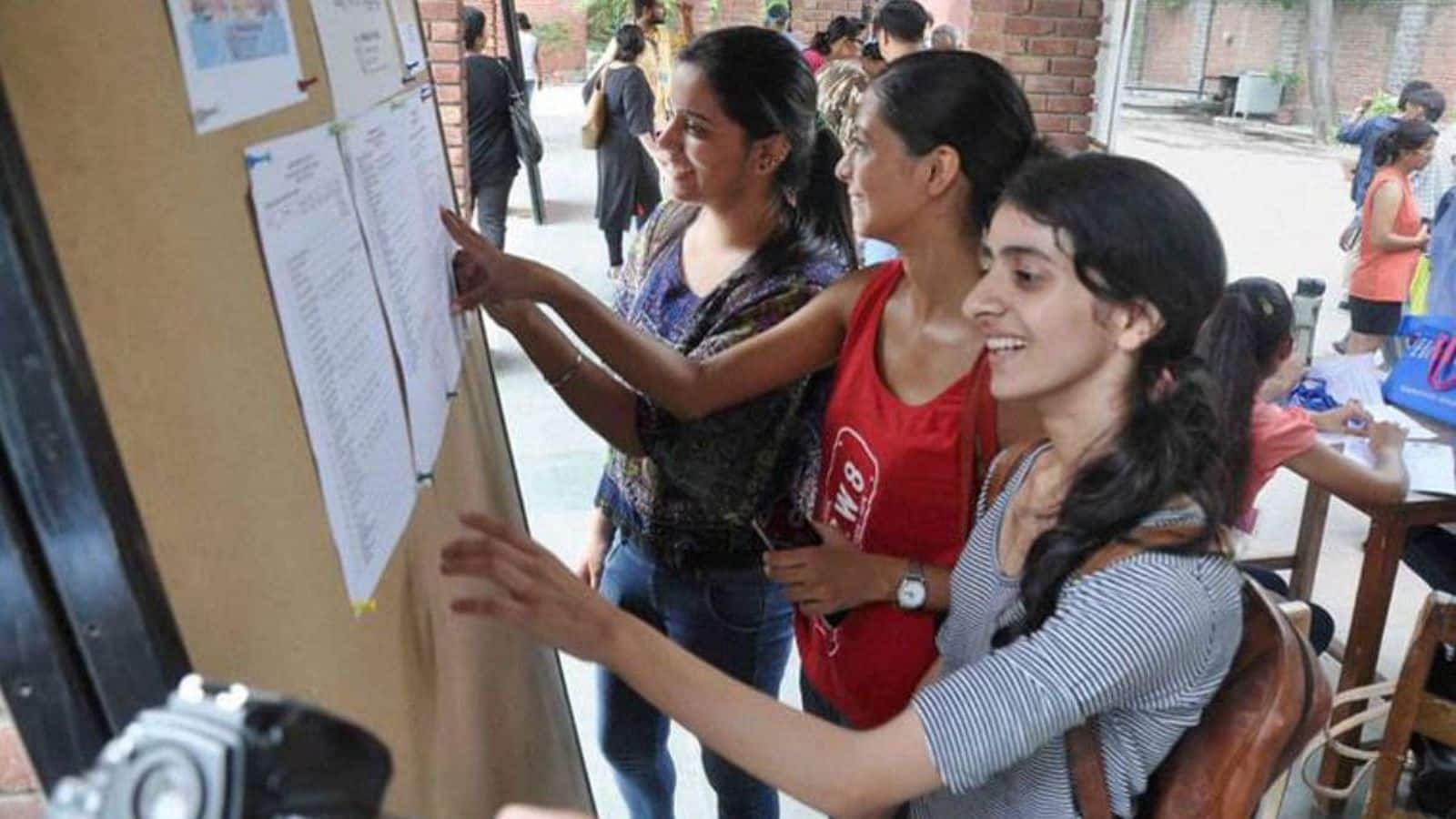
UGC approves biannual admissions for Indian universities
What's the story
The University Grants Commission (UGC) has greenlit a plan permitting Indian universities and higher education institutions (HEIs) to conduct admissions twice a year, starting from the 2024-25 academic session.
UGC chief Jagadesh Kumar announced that the two admission cycles will occur in July-August and January-February.
This change aims to benefit students who may miss admission due to various reasons such as delayed board results or personal circumstances.
Benefits
Biannual admissions to boost employment and resource planning
Kumar highlighted that the new admission system will enhance employment opportunities by allowing industries to conduct campus recruitment twice a year.
He also noted that this would enable HEIs to distribute their resources more efficiently, leading to improved functionality.
"Biannual university admissions will help students maintain motivation since they do not have to wait one full year if they miss admission in the current cycle," Kumar explained.
Global impact
Biannual admissions to align Indian HEIs with global standards
Kumar added that the biannual admission system, already followed by universities worldwide, could enhance international collaborations and student exchanges for Indian HEIs.
"If Indian HEIs adopt the biannual admission cycle, our global competitiveness will improve, and we will align with the global educational standards," he said.
However, he clarified that implementing this system is not mandatory but an opportunity for institutions wishing to increase their student intake and offer new programs.
Transition
Smooth transition to biannual admissions requires planning
For a successful transition to the new system, Kumar stressed that HEIs need to address administrative intricacies and plan for increased resource utilization.
They also need to ensure seamless support systems for students admitted at different times of the year.
"HEIs can maximize the usefulness of biannual admissions only when they sufficiently prepare faculty members, staff, and students for the transition," he concluded.